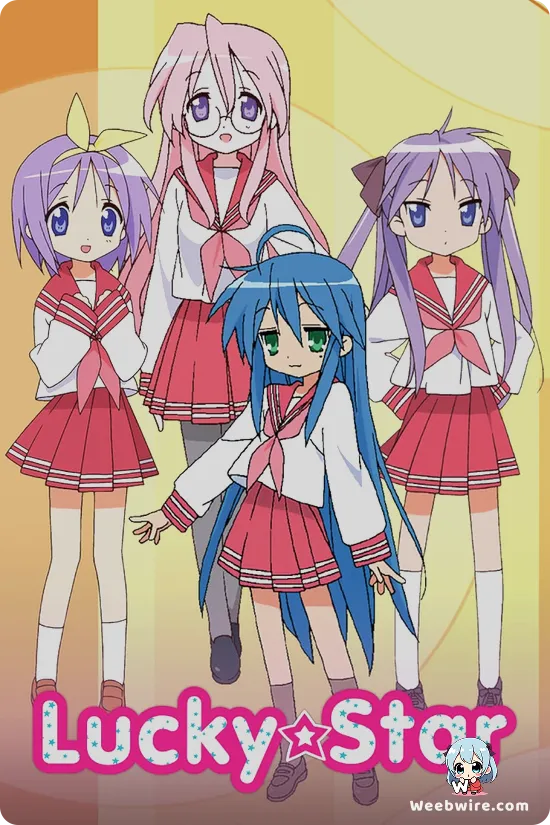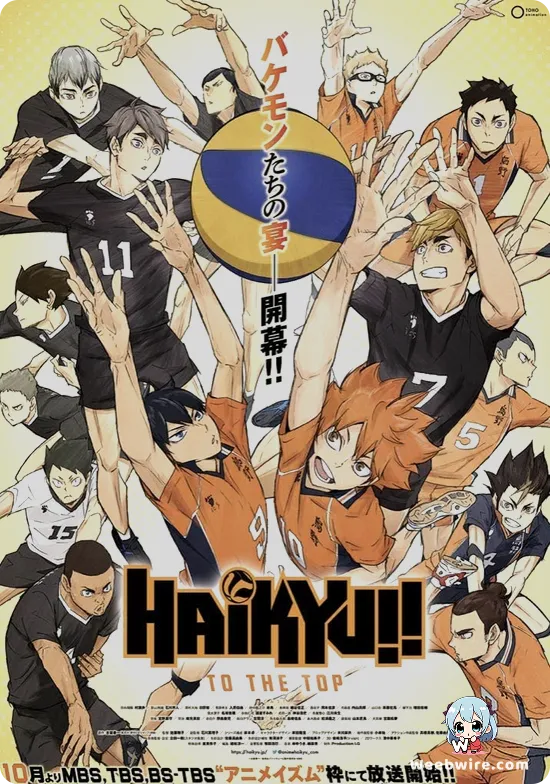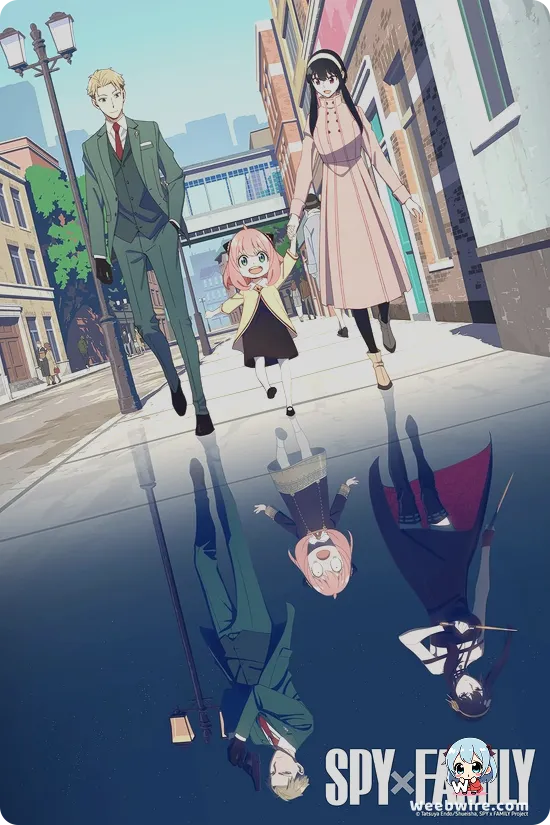
Back to Anime List

© Kyoto Animationwww.crunchyroll.com
Overview
Dive into the charming, often hilariously mundane world of Lucky☆Star, an iconic slice-of-life comedy brought to vibrant life by the masterful Kyoto Animation. Premiering in April 2007, this beloved series invites viewers into the everyday escapades of four distinctive Japanese high school girls: the quintessential otaku Konata Izumi, the sharp-tongued yet caring Kagami Hiiragi, her sweet and somewhat ditzy twin sister Tsukasa, and the perpetually polite and knowledgeable Miyuki Takara. Set against the backdrop of Kuki, Saitama Prefecture, the narrative intentionally eschews a grand, overarching plot in favor of meticulously observing the small, humorous, and relatable moments that define adolescence. Konata, despite her academic apathy, shines as an intelligent and surprisingly athletic individual, her deep immersion in anime, manga, and video games serving as the wellspring for much of the show's comedic genius and cultural commentary. The dynamic between the quartet is a tapestry of contrasting personalities, from Kagami’s classic tsundere exasperation to Tsukasa’s innocent warmth and Miyuki’s elegant wisdom. Lucky☆Star stands as a cultural touchstone, celebrated for its relentless barrage of clever references and affectionate parodies of Japanese pop culture, cementing its appeal within the otaku community. Kyoto Animation’s signature fluid animation and endearing character designs elevate the cozy school and home settings, infusing every scene with an irresistible charm. This anime masterfully blends the gentle realism of slice-of-life with a rich vein of otaku-centric humor, solidifying its legacy as a definitive and influential title within its genre from the mid-2000s, resonating with a generation of fans.
Opinion
As an anime veteran, I can confidently say Lucky☆Star remains a shining example of the slice-of-life genre, brilliantly capturing the essence of everyday high school life through an otaku lens. Kyoto Animation’s production quality is, as expected, superb. The animation is fluid and expressive, perfectly conveying the characters' nuanced reactions and the cozy atmosphere of their world. Character designs are iconic, emphasizing the 'moe' aesthetic that was highly prevalent and celebrated in the mid-2000s, making each girl instantly recognizable and endearing. The voice acting ensemble, particularly Aya Hirano as Konata Izumi, delivers stellar performances, bringing immense personality and comedic timing to the witty dialogues. Hirano's portrayal of Konata's deadpan observations and fervent otaku passion is particularly memorable, anchoring the show's humor. While the series deliberately lacks a conventional plot, its pacing is masterfully handled, allowing the audience to luxuriate in the seemingly mundane conversations and observations that build genuine character depth and relationships. Each episode feels like a casual eavesdropping session into the lives of real friends, making the humor feel organic and the emotional beats resonate. Thematic depth, though subtle, explores the universal joys and anxieties of adolescence, filtered through the specific cultural lens of Japanese pop culture. This approach might alienate some unfamiliar with the references, but for its target audience, it creates a profound sense of connection and validation. Lucky☆Star isn't just a comedy; it's a heartfelt celebration of friendship, fandom, and the quiet beauty of ordinary life, executed with an artistic finesse that cemented its place as a genre classic.
Characters
Konata Izumi
Voice: Aya Hirano
Miyuki Takara
Voice: Aya Endo
Kagami Hiiragi
Voice: Emiri Katou
Tsukasa Hiiragi
Voice: Kaori Fukuhara
Credits
Studio
Kyoto Animation
Cover Art
Kyoto Animation Design Team
Publisher
Kadokawa Shoten
Producers
Kadokawa Shoten, Bandai Visual, Kyoto Animation
Episodes
Season 1
24 episodesInformation
StatusCompleted
Total Episodes24
Duration24 min
Rating7.7
ReleasedSpring 2007
Seasons1
Genres
ComedySlice of Life





